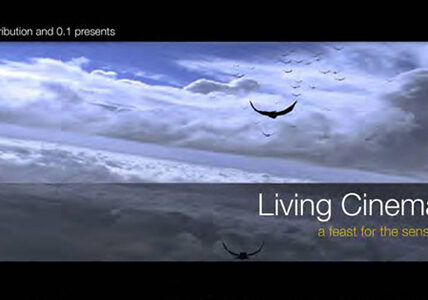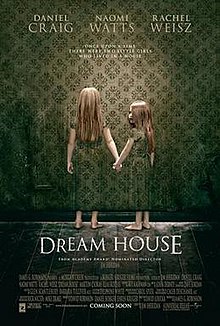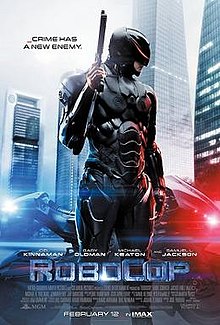The Dialogue Series: Screenwriter Simon Kinberg
Simon Kinberg will go down in showbiz history as the man who brought Brad and Angelina together, as he was the writer of MR. & MRS. SMITH. Small wonder, then, that much of the conversation here focuses on that film—though rest assured, host Mike De Luca isn’t trawling for hot gossip, but asks all the right questions about Kinberg’s creative processes and writing experiences. In fact, it’s impossible to overstate De Luca’s contributions to these DVDs—he keeps the conversation flowing, asks stimulating and insightful questions, and occasionally teases his subject mercilessly.
Kinberg is the ultimate proof that film school pays off—during his stay at Columbia, he managed to sell two of the projects he was developing in class! Neither got made, eventually, but his career was on the right track from the word go. Part of the reason for his success is that as a student he frequented the New York Library for the Performing Arts, which has a huge collection of original (on-set) screenplays.
Simon Kinberg isn’t the greatest screenwriter in the world, but his insights are valid, the conversation remains interesting throughout, and his “war stories” are very entertaining.
Reading screenplays rather than (only) screenplay how-to manuals is what made the difference, and taught him an enormous amount about structure and the kind of writing best suited to the form. The early screenplays have a more organic feel, where the structure is hidden better than is usually the case nowadays. Kinberg gives examples from MR. & MRS. SMITH and X-MEN 3, where every action sequence is emotionally motivated and/or a metaphor for the underlying relationships.
Most of the interview focuses on the specifics of writing MR. & MRS. SMITH, which came about when Kinberg decided to write a script about marriage therapy. Interestingly, the film originally did have a “plot,” with villains working behind the scenes, but apparently these scenes never worked. Finally, director Doug Liman cut all of this out of the film and kept the focus solely on the central relationship. Definitely not the perfect solution, and Kinberg still feels the third act is flawed and that the movie is plotless. He also admits that while rewriting Fantastic Four, he never really got the right tone.
Simon Kinberg isn’t the greatest screenwriter in the world, but his insights are valid, the conversation remains interesting throughout, and his “war stories” are very entertaining. Anyone interested in writing good action movies will definitely benefit from this DVD.











